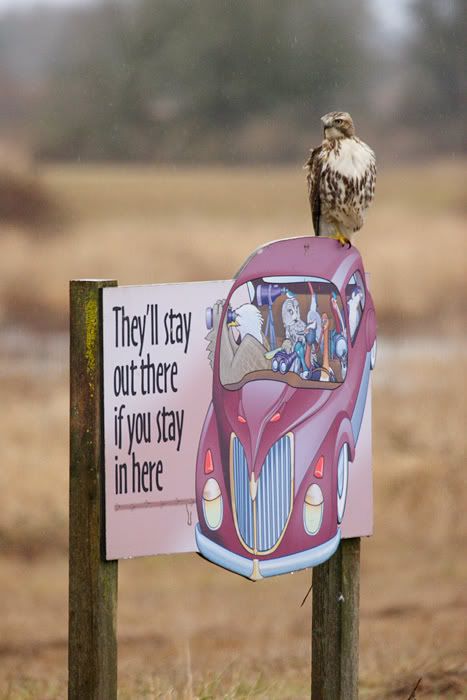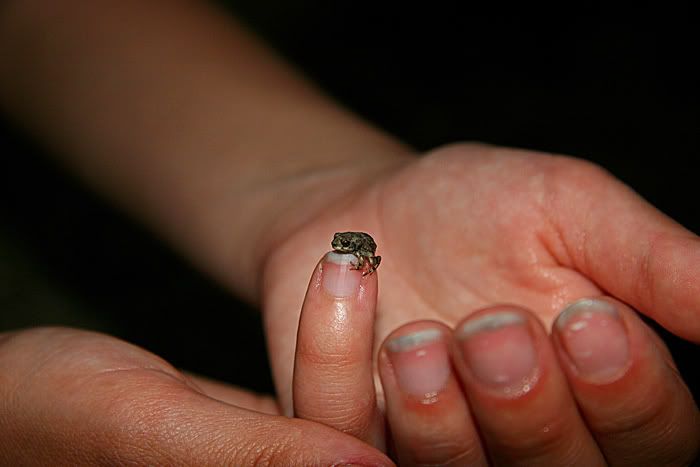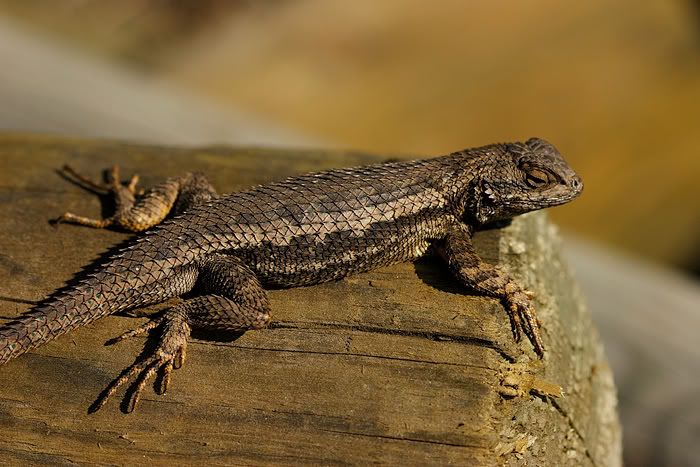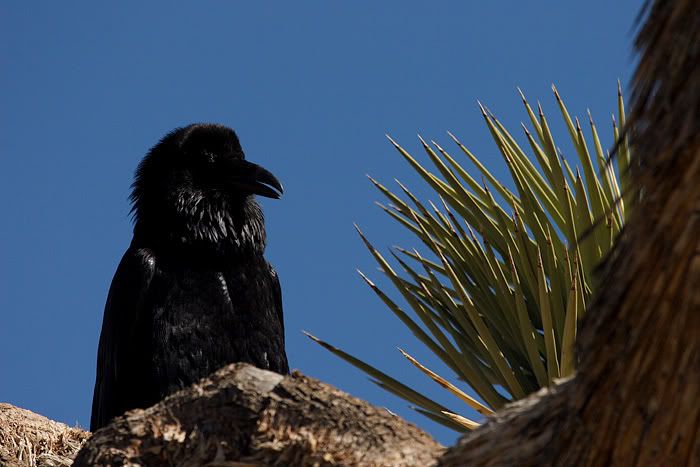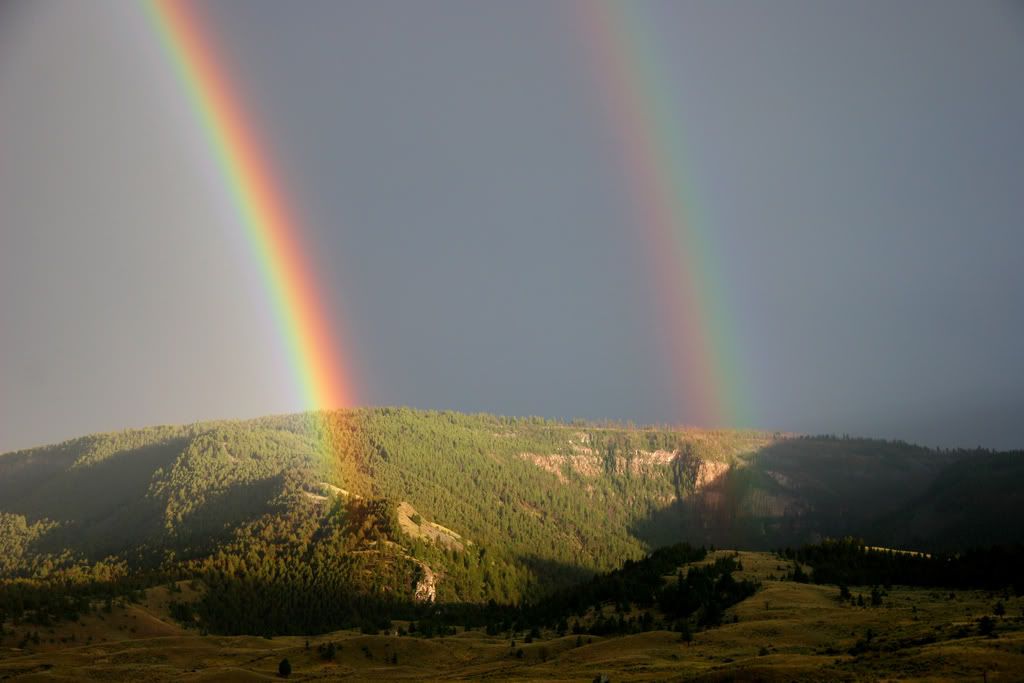I'm writing out some quotes from The Matrix Trilogy and also some thoughts about the ideas shared in the movies and why they might be significant and/or useful to expanding our awareness of life and reality.
Morpheus: I imagine you that right now you're feeling a bit like Alice, tumbling down the rabbit hole?
Neo: You could say that.
Morpheus: I can see it in your eyes. You have the look of a man who accepts what he sees because he is expecting to wake up. Ironically, this is not far from the truth. Do you believe in fate, Neo?
Neo: No.
Morpheus: Why not?
Neo: Because I don't like the idea that I am not in control of my life.
Morpheus: I know exactly what you mean. Let me tell you why your here. Your here because you know something. What you know you can't explain, but you feel it. You felt it your entire life. That there is something wrong with the world, you don't know what it is, but its there. Like a splinter in your mind, driving you mad. It is this feeling that has brought you to me. Do you know what I am talking about?
Neo: The Matrix?
Morpheus: Do you want to know what it is?
Neo:*nods*
Morpheus: The Matrix is everywhere. It is all around us. Even now in this very room. You can see it when you look out your window, or turn on your television. You can feel it when you go to work, when you go to church, when you pay your taxes. It is the world which has been pulled over your eyes to blind you from the truth.
Neo: What truth?
Morpheus: That you are a slave, Neo. Like everyone else, you were born into bondage. Born into a prison that you can not smell, or taste, or touch. A prison, for your mind.
Unfortunately, no one can be told what the Matrix is...you have to see it for yourself.
This is of course part of one of the most famous scenes in cinematic history... The scene with the blue pill and the red pill.
CHOICE.
It is that seemingly insignificant little thing that Life presents us with when we seek to know the truth.
The other key aspect of this scene is PERSPECTIVE.
There are of course countless ways to interpret this set of scenes from the Matrix. The way I understand it is that it is addressing the fundamental dilemma posed by enlightenment. That is, posed by a moment of world-shattering personal revelation the likes of which we are not likely to recover from again.
The world we tell ourselves about is an illusion... an illusion held up by our thoughts. When we have an experience of seeing life - not as what we think it is but instead seeing WHAT IS - our thoughts stop. They pale and shrivel under the power of that magnificence. It is unfortunate that our culture tends to view individuals who have had such experiences as mad or even as dangerous. Seeing outside of the shell of experience drawn out by our civilization is seen as sheer madness, but it may also be something we need now more than ever in our history.
Morpheus: As long as the Matrix exists, the human race will never be free.
The way I have come to understand it, the Matrix is the thing we take so for granted, the thing that shapes the way we see everything in such a way that we are blind to the fog it puts before our eyes and deaf to what it constantly whispers in our ears. It is the great experiment that we call
civilization.
Daniel Quinn, author of ISHMAEL, BEYOND CIVILIZATION and other titles has a name that encapsulates all the peoples that are part of this experiment. He calls them TAKERS.
It's easy to pick out the people who belong to "our" culture. If you go somewhere--anywhere in the world--where the food is under lock and key, you'll know you're among the people of our culture. They may differ wildly in relatively superficial matters--in the way they dress, in their marriage customs, in the holidays they observe, and so on. But when it comes to the most fundamental thing of all, getting the food they need to stay alive, they're all alike. In these places, the food is all owned by someone, and if you want some, you'll have to buy it. This is expected in these places; the people of our culture know no other way.
Making food a commodity to be owned was one of the great innovations of our culture. No other culture in history has ever put food under lock and key--and putting it there is the cornerstone of our economy, for if the food wasn't under lock and key, who would work?- from Beyond Civilization, pg. 5
There are also those people who do NOT belong to the TAKERS. Quinn gives them the name LEAVERS. Leavers are the indigenous peoples of the world, the people also known as "primitive" or "tribal." The Leavers take what they need from the world and leave the rest alone. Living in this manner, Leavers thrive in times of abundance and dwindle in times of scarcity. The Takers however, practicing their unique form of agriculture (which Quinn calls, Totalitarian Agriculture) produce enormous food surpluses, which allows them to thwart the gods when they decide it's the Takers' time to go hungry.
The Taker perspective on life is them against the world. That is why so much in our civilization is focused on conquering: everything from climbing mountains, building dams, to producing food and maintaining health.
So where does such an attitude come from in the Takers? Why do they view themselves as separate from nature? I think the following quote from Alberto Villoldo's DANCE OF THE FOUR WINDS book captures it very well...
"The Western world, the civilized nations, what is called the 'first world' cultures, rule the Earth by right of their economic and military might. And the philosophical foundation of the Western culture is based on a religion that teaches of the fall from grace, original sin, and the exodus from the Garden of Eden. This concept is fundamental to the mythology of the West, and represents Nature as hostile and man as corrupt.
...
"It is such a peculiar myth," Morales said, "The emphasis is not man's relationship to his environment, to Nature, to the Garden, but man's relationship to himself as an outcast, fending for himself, becoming self-conscious in a hostile world. The Westerner has accepted this tradition, has promoted this concept through art and literature and philosophy. Indeed, it has become ingrained and second nature, has it not?"
"I suppose it has," I said. "You can live your entire life in a city, for instance. It provides shelter, a controlled environment, and acts as a buffer between the individual and Nature. Even foods in supermarkets are treated before they are consumed, either artificially ripened, colored, or preserved, then packaged for consumption."
One of the basic assumptions in Taker culture is that we are separate from nature. It is a perspective of "Man and Nature" rather than "Nature includes Man." It might sound like a unimportant opinion about the human relationship to nature, but this view has devastating consequences. It allows us as Takers to act with absolute conviction that we are at odds with it, therefore, devastating the earth and sending countless species of to extinction without regret or remorse. Why should we? We are separate from those extinctions, separate from nature, so it won't effect us, right? This perspective allows us not only to feel that what we do as Takers is understandable, but also that it is necessary.
